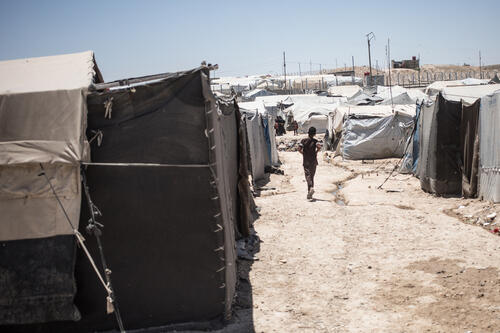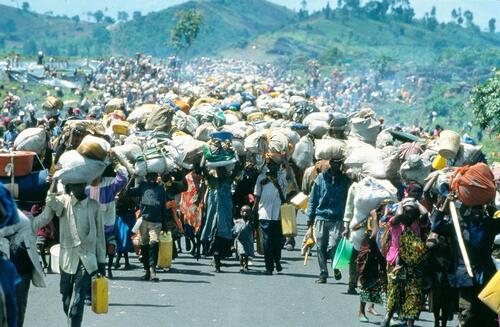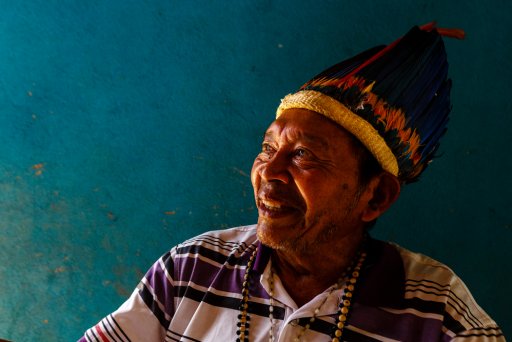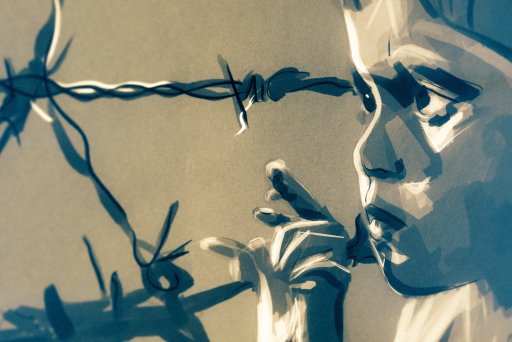Sorry, that story no longer exists on our website
The article or video you are looking for has been moved to our archive. Perhaps another story on this page might interest you?
Scroll down for links to our latest news, crisis explainers and videos from our projects.
Latest news and stories from MSF Ireland
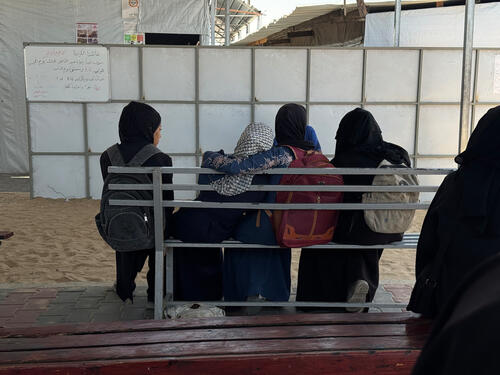
With over 500 people killed and nearly 4,000 wounded while seeking food, this scheme is slaughter masquerading as humanitarian aid and must be immediately dismantled.
Learn more
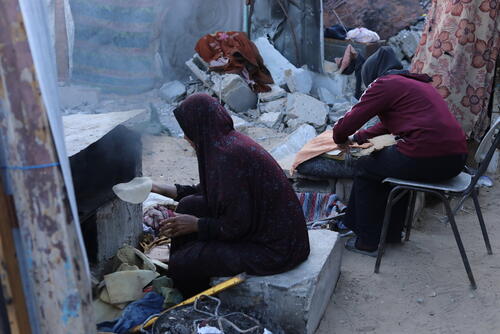
MSF condemns Israel's deliberate restriction of food, medicine, and fuel into Gaza, warning of a growing humanitarian catastrophe.
Learn more

European Union inaction and hypocrisy have exacerbated the humanitarian crisis in Gaza. MSF urges immediate ceasefire and unhindered aid to protect civilian lives.
Learn more
Never miss another story
Sign up to Frontline, our monthly e-newsletter, to stay up to date with MSF's life-saving work in over 65 countries
MSF crisis responses explained
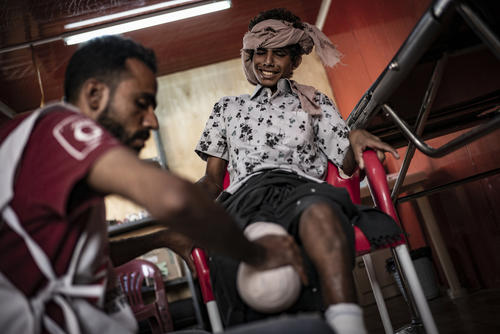
Years of conflict have left millions in Yemen without food, water, or healthcare. MSF is saving lives every day— learn more and support our work.
Learn more
